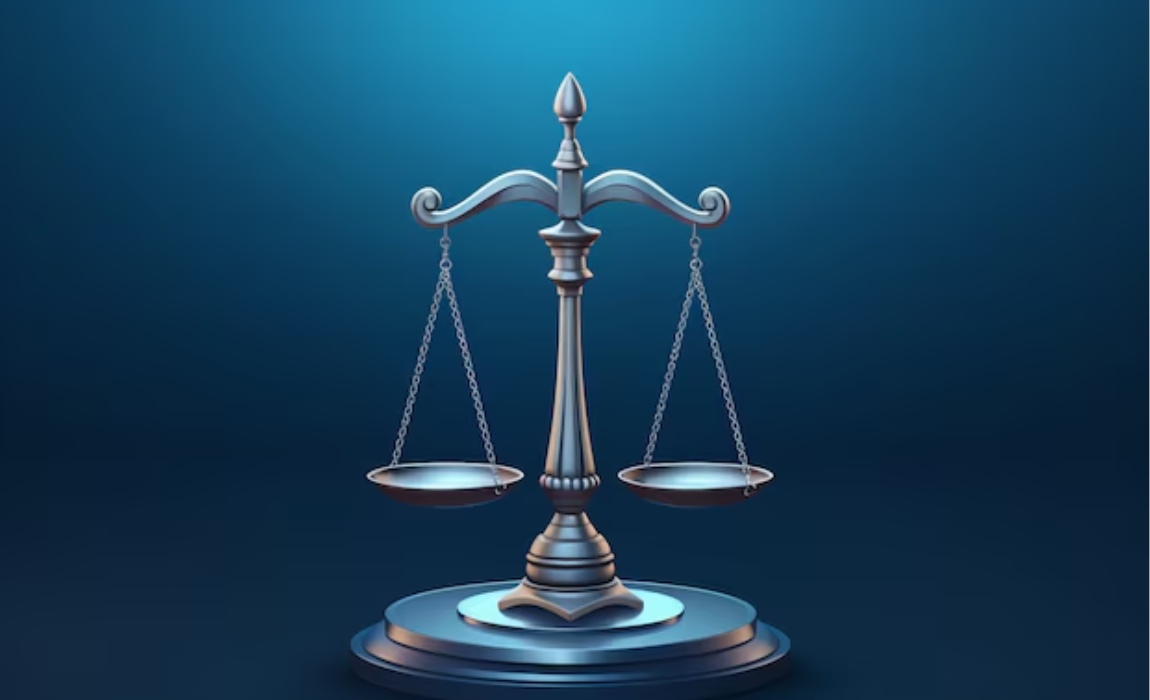Section 52 : Examination of person accused of rape by medical practitioner

Section 52 refers to the statutory provisions relating to the medical examination of persons who are accused of rape or attempting to commit rape. This is one of the most important parts of the whole process of obtaining evidence in an orderly and legally correct manner which is a necessary part of the judicial procedure.
A registered medical practitioner engaged in the employment of a government or local authority hospital shall be competent to make the examination. Where within sixteen kilometers of the place where the offence is alleged to have been committed, no such practitioner is available, any registered medical practitioner may make the examination if so directed by a police officer.
The examination may only be conducted if there are reasonable grounds to believe that it will yield evidence relevant to the alleged offence. This ensures that the examination is carried out with a clear purpose of investigation and not in an arbitrary procedure.
The doctor must provide an in-depth report within the reasonable time allowed for that. This report is required to state at least:
- Name and address of the accused as well as of the person bringing him before for the medical examination.
- Age of the accused
- Any evident hurt or injury, suffered by the accused.
- A description of any samples recovered for DNA analysis and any other relevant details.
The report should clearly justify the reasons why each of these conclusions were derived from the forensic examination in question, making them transparent and traceable to that extent.
The actual dates for beginning and ending the examination should be recorded. The medical report will be sent instantly to the investigator after the test, who is expected to hand over the medical report to the concerned Magistrate as per the requirement of Section 193.
This provision is enacted to strengthen the integrity of evidence collection in sexual assault cases, thereby supporting victims while protecting the rights of the accused. In this regard, the BNSS ensures that all actions taken during such examinations are legally sound and ethically executed by establishing specific procedural and documentation standards.
